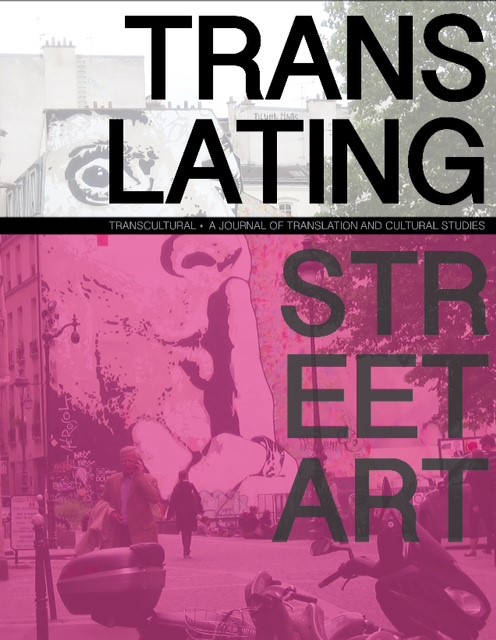Conflicts of Interest, Culture Jamming and Subversive (S)ignifications: The High Fashion Logo as Locational Hip hop Artic
DOI:
https://doi.org/10.21992/T9WW56Abstract
In 2012, a fashion line called “Conflict of Interest NYC” (C.O.I.) released a collection of three unisex t-shirts: each one took the brand name and/or logo of a storied fashion house and imposed a set of urban and hip hop references to subvert the brand’s refined, Eurocentric connotations. This article describes the t-shirts’ function as parodies using media studies accounts of culture jamming as political practice; Linda Hutcheon’s formulation of parody as literary method; and Henry Louis Gates’s outline of Signifyin(g) in the black oral vernacular tradition. It further contextualizes the t-shirts within historical tensions between dominant fashion institutions and hip hop culture at the semiotic level of the brand logo. It then reads the t-shirt containing the name BALLINCIAGA (manipulating the Paris fashion house Balenciaga) for its intertextual and historical relations to the expressive forms and urban locations of hip hop culture. Finally, the article examines a photograph of a fashion editor wearing the BALLINCIAGA t-shirt to London Fashion Week, in October 2012, as a moment of resistance but also of fashion re-appropriating the t-shirts’ political content. Still, the t-shirts’ circulation as commodities permits for reflection on the politics of fashion and subcultures within the dominant logic of capitalism.Downloads
Downloads
Published
Issue
Section
License
Authors who publish with this journal agree to the following terms: a.Authors retain copyright and grant the journal right of first publication with the work simultaneously licensed under a Creative Commons Attribution License that allows others to share the work with an acknowledgement of the work's authorship and initial publication in this journal. b.Authors are able to enter into separate, additional contractual arrangements for the non-exclusive distribution of the journal's published version of the work (e.g., post it to an institutional repository or publish it in a book), with an acknowledgement of its initial publication in this journal. c.Authors are permitted and encouraged to post their work online (e.g., in institutional repositories or on their website) prior to and during the submission process, as it can lead to productive exchanges, as well as earlier and greater citation of published work (See The Effect of Open Access).



